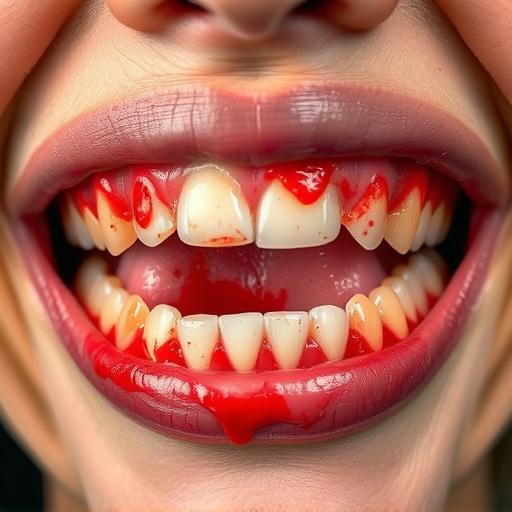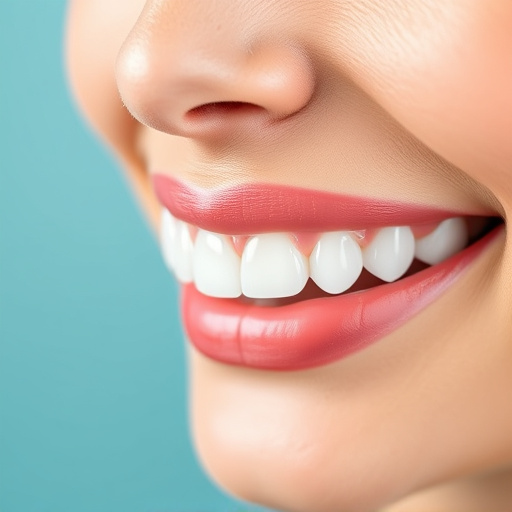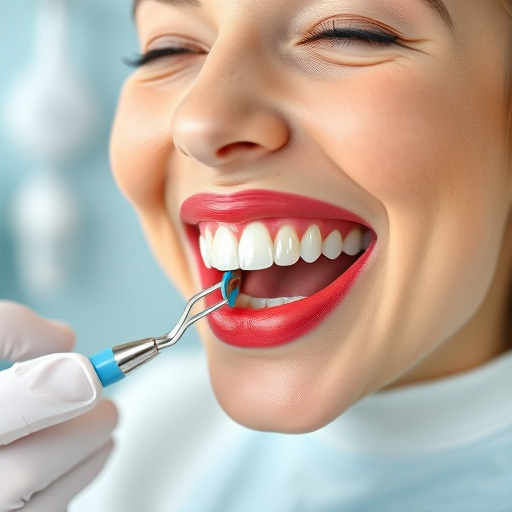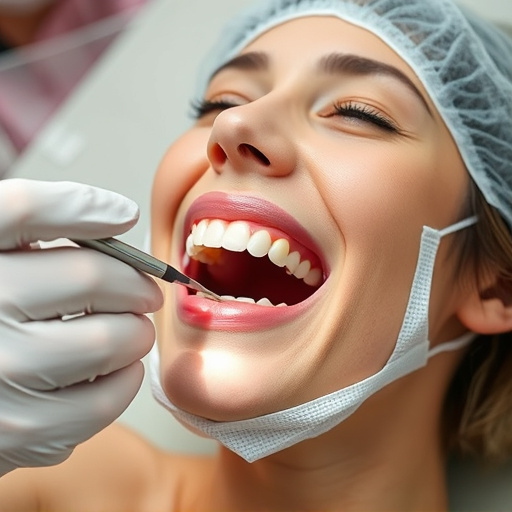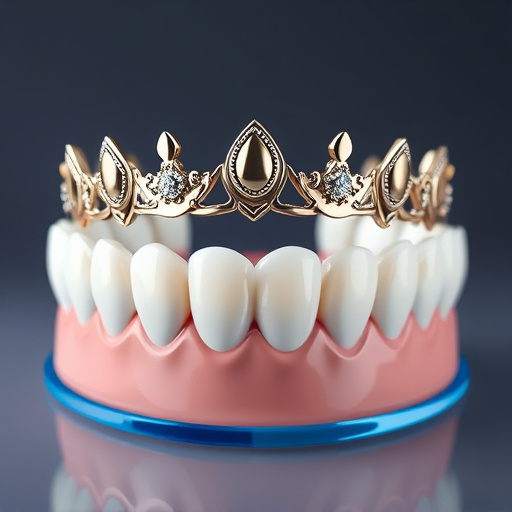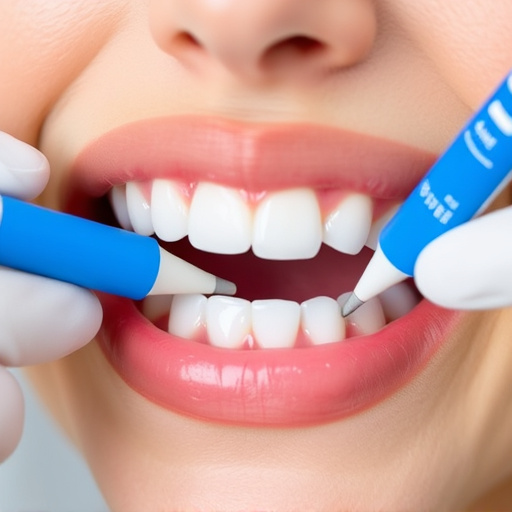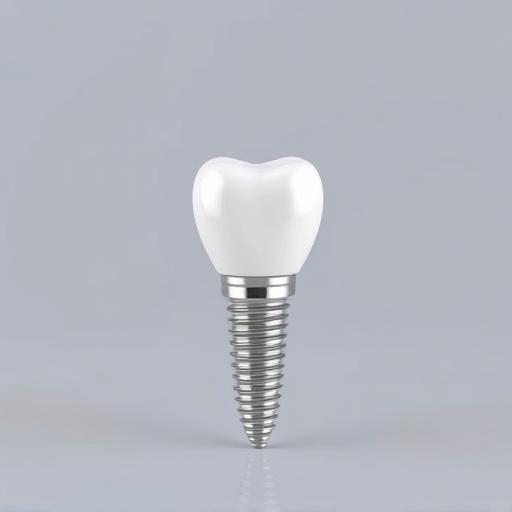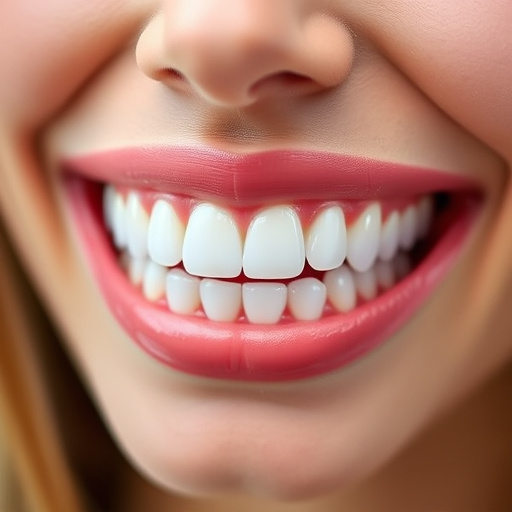A preventive dentistry program is a proactive approach to oral health, focusing on education, regular assessments, and personalized care plans. Key components include routine check-ups, professional cleanings, screenings for oral cancer, dietary guidance, dental sealants, and fluoride treatments. This holistic strategy reduces the need for intensive restorative procedures by addressing issues early and promoting long-term oral health across all ages.
Discover the power of a proactive approach to oral health with our in-depth look at preventive dentistry programs. Learn how these initiatives stop dental issues before they start, reducing the need for costly treatments and preserving your smile’s longevity. From understanding its significance to implementing effective strategies, this guide explores key components and successful maintenance tips for a comprehensive preventive dentistry program.
- Understanding Preventive Dentistry: Its Significance and Benefits
- Components of an Effective Preventive Dentistry Program
- Implementation and Maintenance: Ensuring Long-Term Oral Health Success
Understanding Preventive Dentistry: Its Significance and Benefits

Preventive dentistry is a proactive approach to oral health that focuses on preventing dental issues before they occur. It’s more than just routine cleanings and check-ups; it involves a comprehensive understanding of your oral cavity’s health, risk factors, and overall well-being. By implementing a preventive dentistry program, dental professionals can significantly reduce the incidence of common problems like tooth decay, gum disease, and even more serious conditions such as oral cancer.
This holistic approach to dentistry emphasizes education, regular assessments, and tailored care plans. For instance, a preventive program might include personalized oral hygiene instructions for children’s dentistry, encouraging proper brushing and flossing techniques from an early age. Similarly, it could involve screenings for oral cancer, fluoride treatments for added protection, or even cosmetic dentistry procedures like dental crowns to restore damaged teeth, all as part of the comprehensive care strategy.
Components of an Effective Preventive Dentistry Program

A comprehensive preventive dentistry program is a game-changer when it comes to maintaining oral health. It involves a multi-faceted approach tailored to address various aspects of dental care, aiming to prevent issues before they arise or catch them at an early stage. The key components include regular dental check-ups and professional cleanings, which remove plaque buildup and tartar, preventing tooth decay and gum disease. Educating patients about proper oral hygiene techniques, such as brushing twice daily with fluoride toothpaste and flossing once a day, empowers them to take charge of their dental health.
Additionally, screening for oral cancer during routine visits is crucial for early detection, as it significantly improves treatment outcomes. A preventive program should also incorporate personalized risk assessments to identify individuals prone to tooth decay or gum disease due to factors like diet, genetics, or lifestyle choices. Offering guidance on dietary changes and providing access to dental sealants and fluoride treatments can further strengthen the program’s effectiveness. By combining these strategies, a family dentistry practice can deliver a preventive dentistry program that goes beyond basic care, fostering long-term oral health for all ages.
Implementation and Maintenance: Ensuring Long-Term Oral Health Success
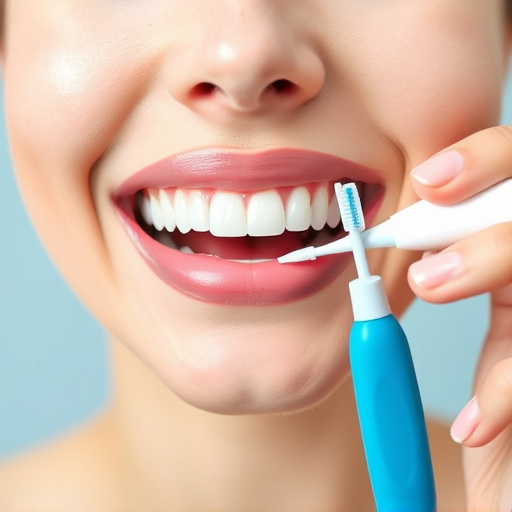
Implementing a preventive dentistry program is just the first step; ensuring its long-term success and maintaining oral health requires consistent effort. Regular check-ups, including professional cleanings and thorough examinations, are essential to monitor any potential issues early on. By establishing these as part of a patient’s routine, dental professionals can detect problems like tooth decay or gum disease in their initial stages, often before they require more intensive restorative dentistry interventions, such as wisdom tooth removal or emergency dental care.
Community education plays a vital role too. Teaching patients about proper oral hygiene practices, the importance of balanced diets, and how to identify early signs of oral health issues empowers them to actively participate in their preventive care. This holistic approach not only reduces the burden on dental services but also fosters long-term oral health success, minimizing the need for frequent visits or emergency procedures like restorative dentistry or sudden interventions for acute pain.
A well-structured preventive dentistry program is a game-changer in oral health management. By focusing on early intervention and regular care, this approach stops dental issues before they start, saving time, money, and discomfort for patients while enhancing overall quality of life. Through education, professional cleaning, and timely screenings, these programs empower individuals to take control of their oral health, ensuring a bright and healthy future. Implement these strategies, and you’ll be well on your way to fostering a thriving, disease-free smile.


